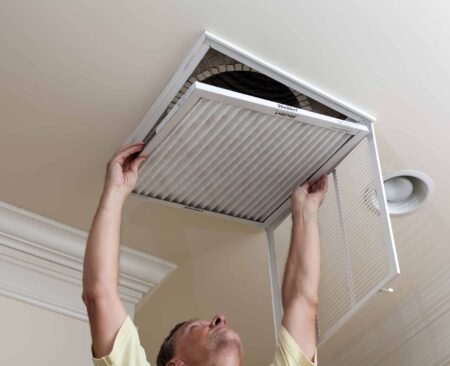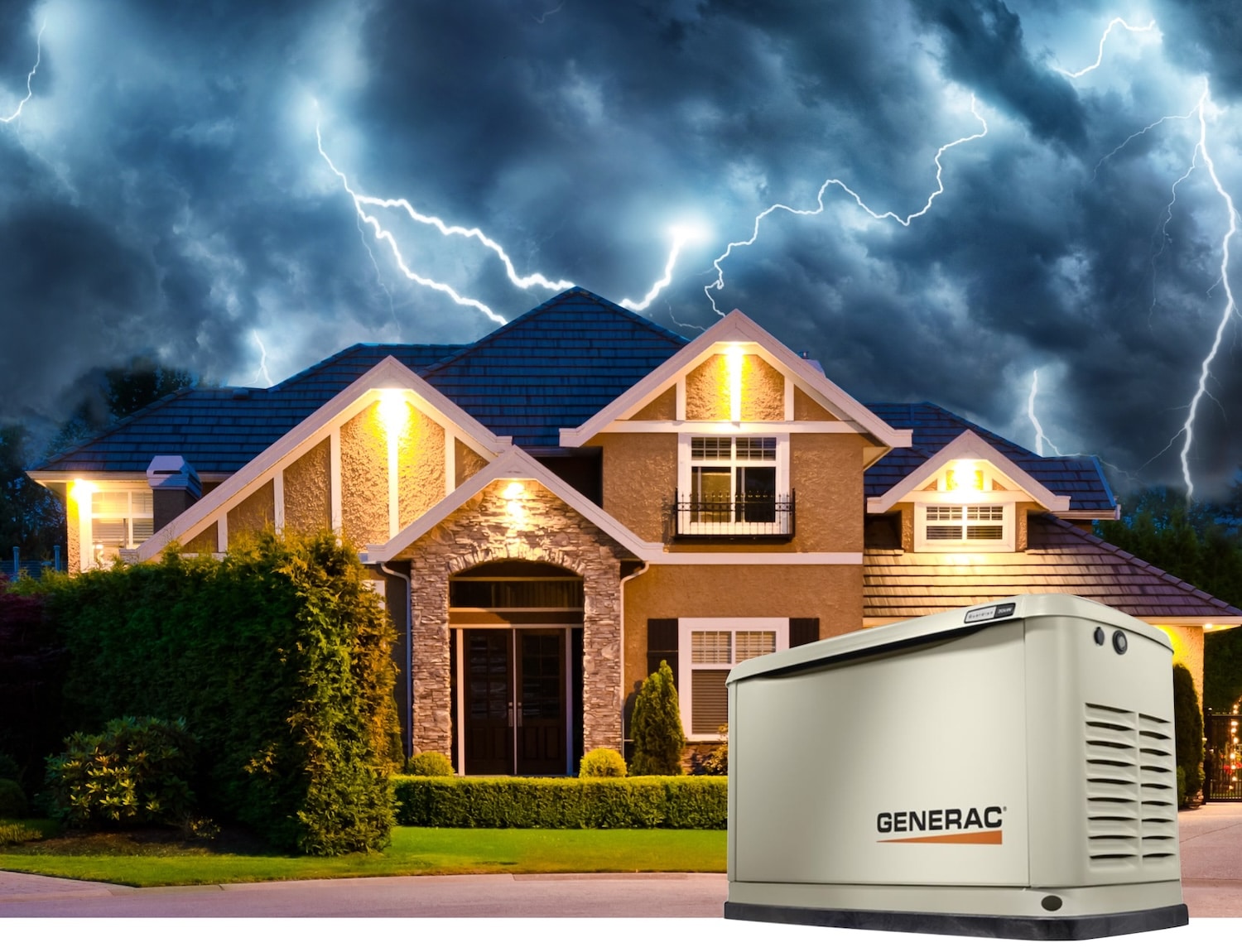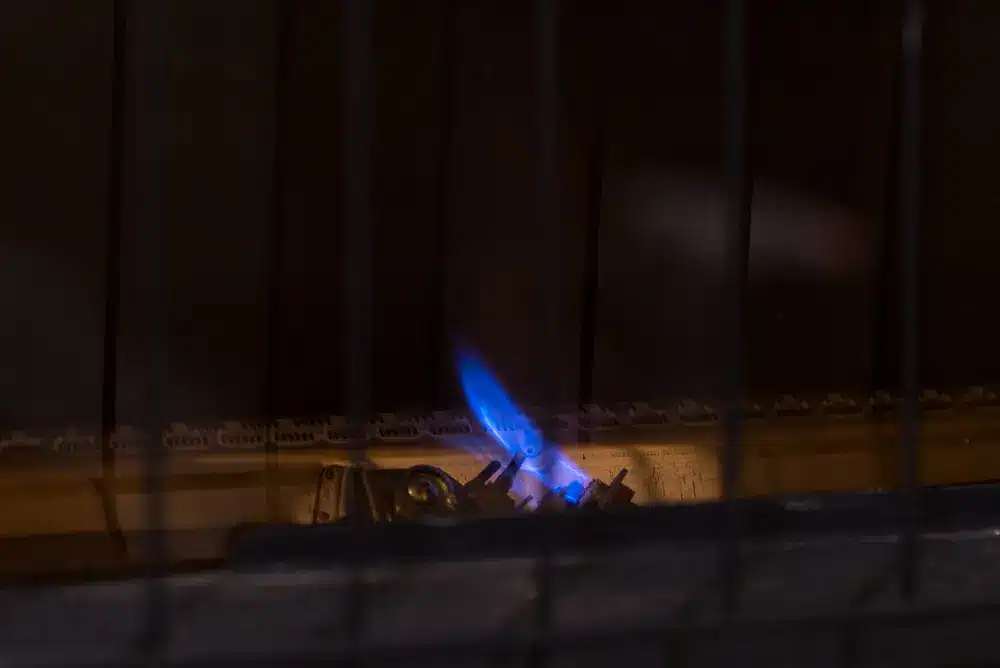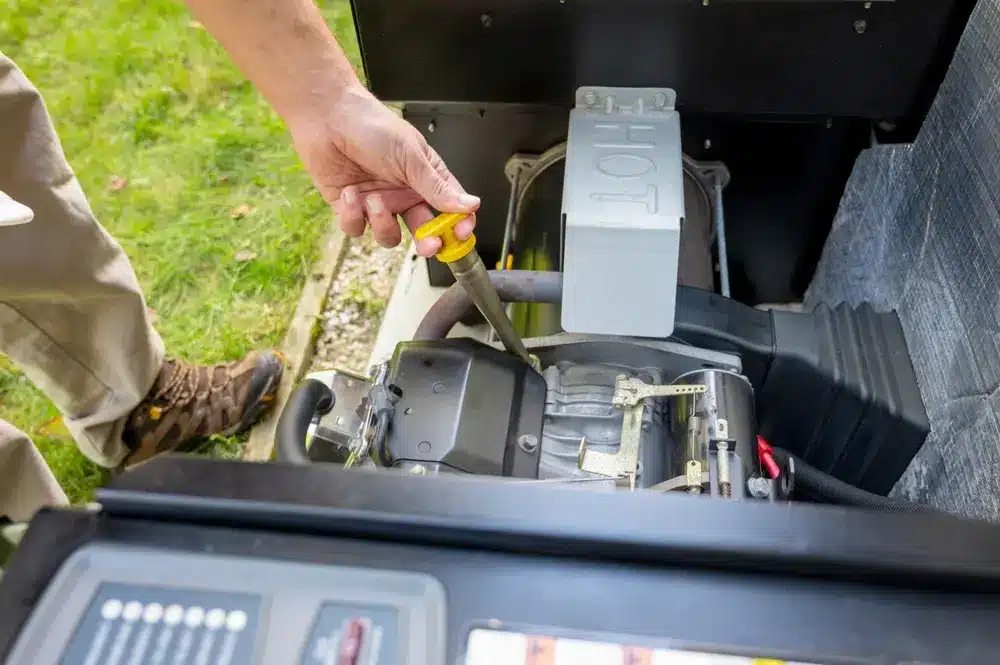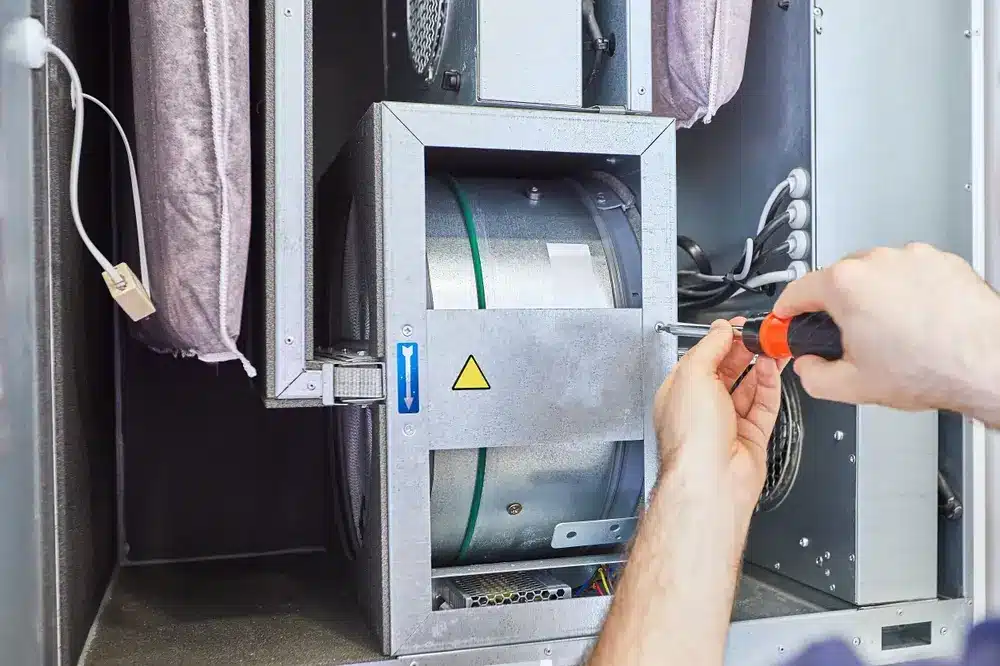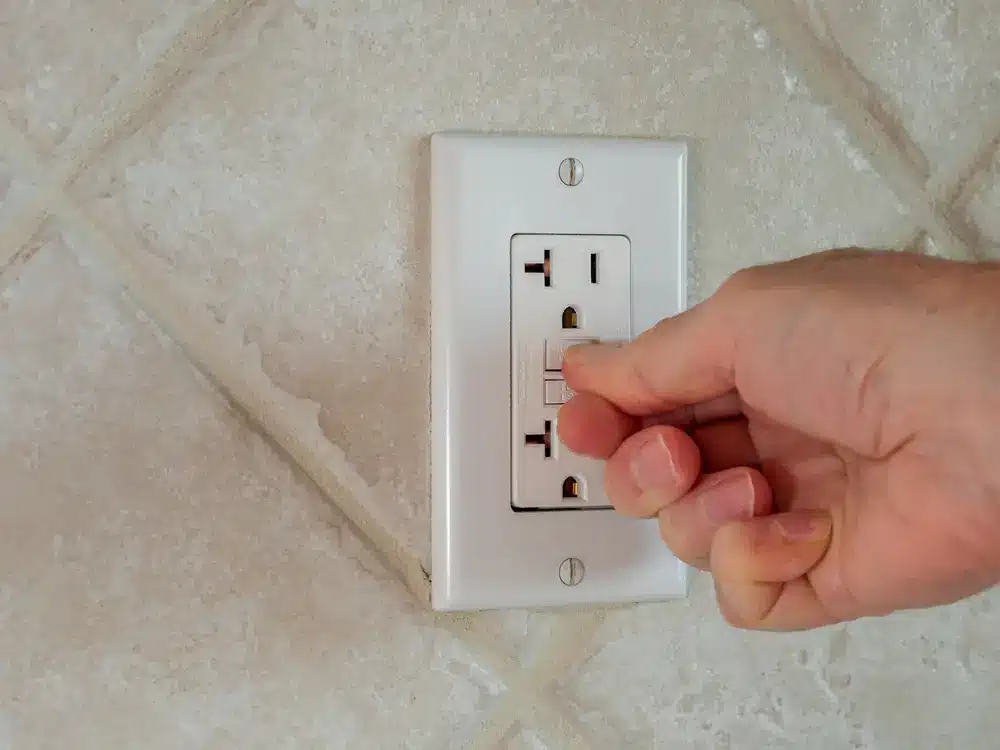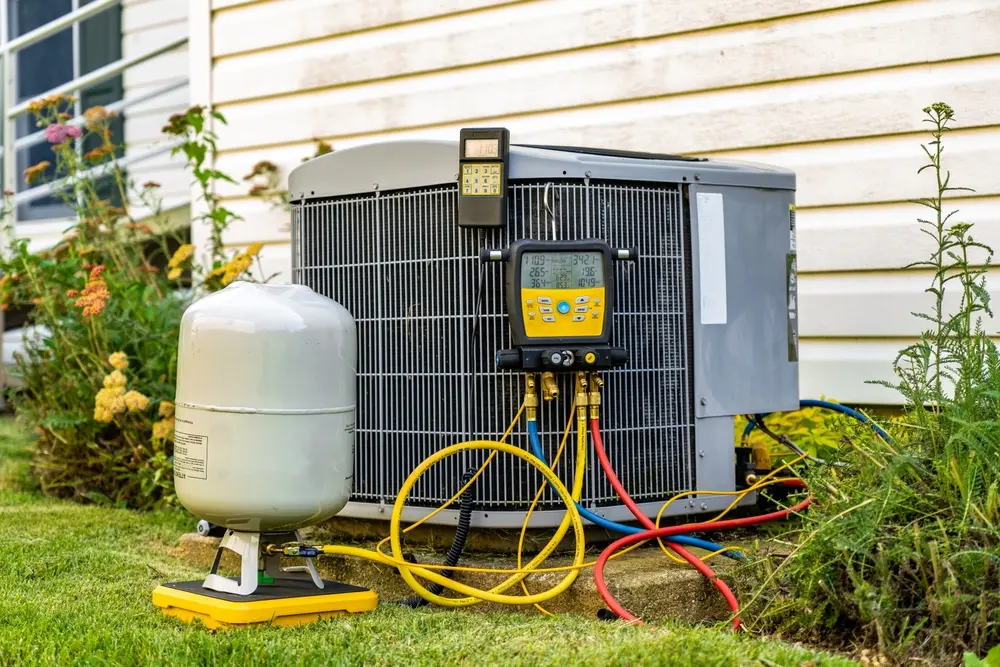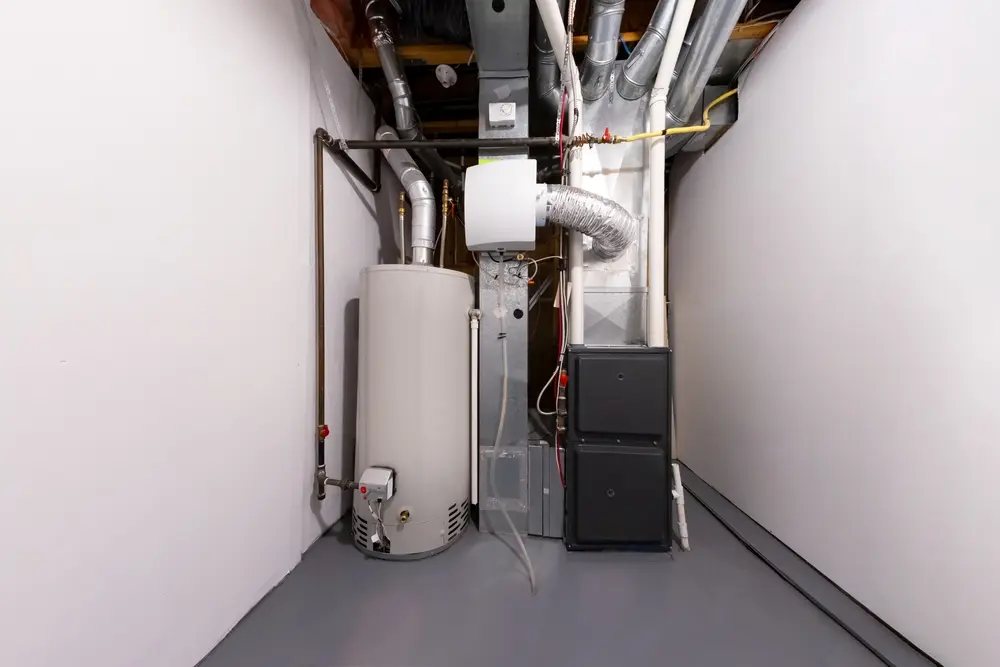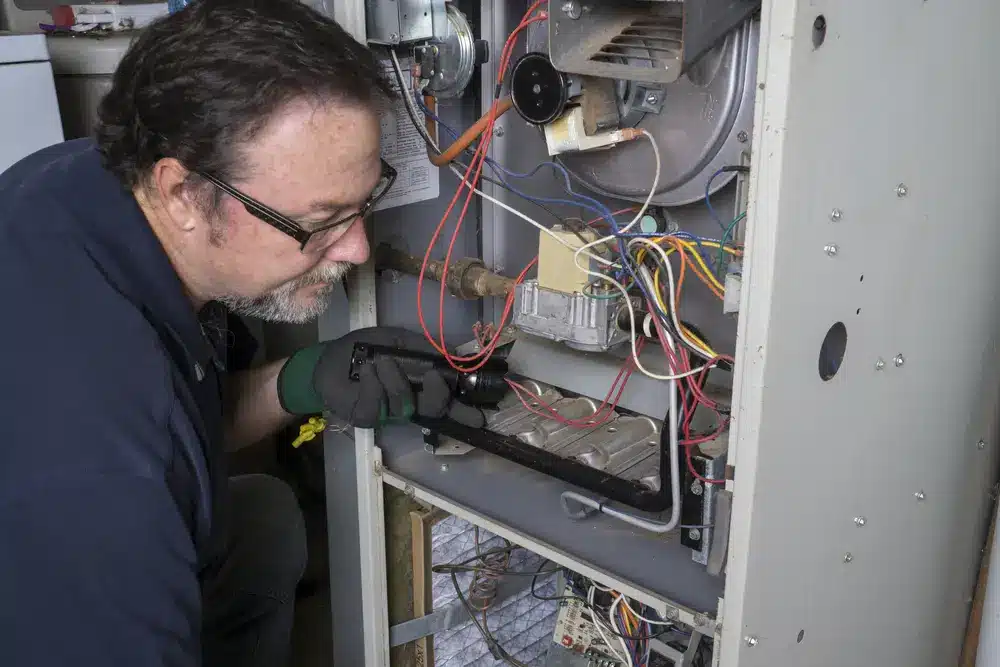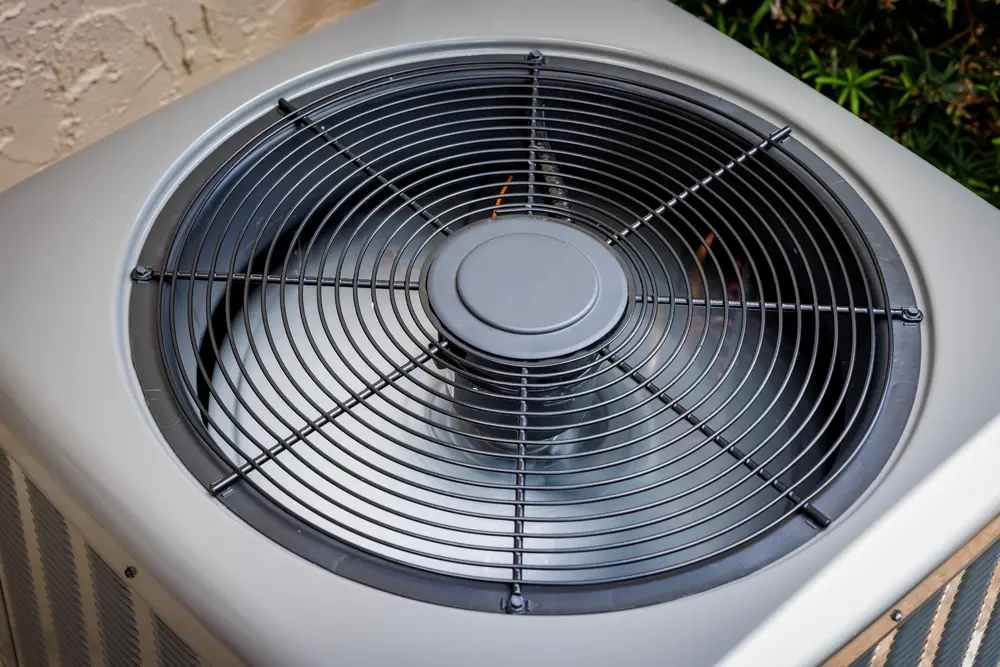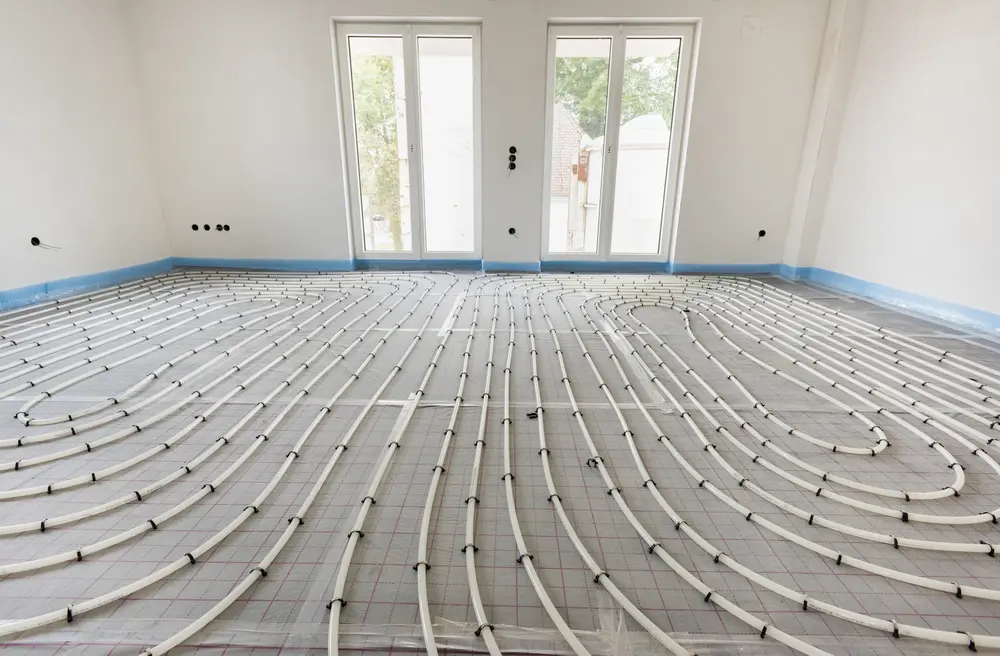Air filters are one of the most essential components of heating and air conditioning systems. The primary purpose of the air filter is to prevent dust and debris from getting inside an HVAC system to keep it working more efficiently. If the filter is more efficient, it will also greatly reduce the amount of dust, pollen, and other allergens that the HVAC system spreads around the house. This article will answer any questions you may have about your HVAC system’s air filter, including how to know which size and type of filter to use and how often you should replace it.
Air Filter Types and Sizes
Most residential HVAC systems are designed to use a standard 1-inch air filter, but there are also standard filters that can be up to 5 inches thick. Air filters vary quite a bit more in terms of length and width, and the size you need usually depends on the dimensions of the return air plenum. The plenum is a large sheet metal duct that connects to the furnace and/or air handler that houses the indoor part of an AC system. Using the correct size filter is essential for ensuring air can’t flow in and carry dust and debris into the furnace and air handler.
Instead of a standard air filter, some HVAC systems are designed to accommodate a larger media filter or air cleaner. Media filters are just thicker, more efficient pleated filters, whereas air cleaners typically use static electricity to attract and capture dust and other airborne particles. Both media filters and air cleaners are much more efficient at filtering out allergens and other particles, which makes them a great choice for allergy sufferers or people with asthma or any other respiratory issues.
The majority of standard air filters are made from pleated fabric, but you can also find some that are just made of a fine wire mesh. Mesh filters typically aren’t all that efficient and mostly only trap dust, hair, and other larger particles while allowing smaller particles to pass straight through. Pleated filters are typically the most efficient option, but it really depends on the filter’s rating.
Understanding Air Filter Efficiency Ratings
The majority of filter manufacturers use MERV (Minimum Efficiency Reporting Value) ratings to express how efficiently a filter works. Filters from 3M and The Home Depot have different rating scales, but they usually also list the MERV equivalent. You’ll also sometimes see filters that are just labeled as Good, Better, or Best.
The MERV rating scale goes from 1 to 20, and anything from MERV 16 and above is a HEPA (High-Efficiency Particulate Air) filter. For a residential HVAC system, you’re usually limited to filters that range between MERV 6 and MERV 12 or 13. The reason is that higher efficiency filters are much more restrictive and negatively impact how much air the blower can draw into the HVAC system. If you use too efficient of a filter, it will be so restrictive that it’s essentially the same thing as running your HVAC system with an extremely dirty, clogged filter.
Larger homes with more powerful HVAC systems can usually still work effectively with a MERV 12 or 13 filter. For smaller HVAC systems with a less powerful blower, you may experience lots of issues if you try to use anything higher than a MERV 8 filter. If you use too efficient of a filter for your system, you’ll often end up with issues that can cause major damage, like your furnace frequently shutting down due to overheating or your AC freezing up. Using too efficient of a filter can also cause your heating or cooling system to fail sooner or need to be repaired more frequently. A filter that’s too restrictive will lead to your HVAC system using more energy since the reduction in airflow causes it to heat and cool more slowly. All of these issues are why it’s a good idea to consult with an HVAC technician to ensure you know which type of filter will work best with your equipment.
Recommended Replacement Intervals
The basic rule of thumb is that HVAC air filters should be replaced every three months at the least. That said, how often a filter will need to be replaced can vary quite a bit depending on a few different factors. The air filter will almost always need to be replaced more frequently in a location with much hotter, more humid summers or extremely cold winters. The reason is simply that hotter or colder climates will lead to the HVAC system running more often, which in turn causes the filter to get dirty and start to clog more quickly.
You’ll also typically need to replace your HVAC air filter more often if your home is fairly dusty or you live in a dry, dusty climate. Pet hair and dander will cause the filter to clog more quickly, so you’ll need to replace it more often. How often you sweep, mop, and vacuum your floors can also make a major difference in how much debris gets drawn into your HVAC system and how often you need to replace its air filter.
The type of filter your system has also influences how often you should replace the filter. Standard air filters will almost always need to be replaced at least four times a year, but media filters typically only need to be replaced once a year. The MERV rating of the filter also plays an important role. More efficient, higher MERV filters will trap far more particles and thus start clogging up more quickly compared to less efficient filters.
Disposable vs. Washable Filters
The choice between whether to use disposable filters or a washable filter is generally only a matter of price and convenience. Not all washable filters work as well as disposable filters, but you can still find some that have a fairly high MERV rating. Whichever one you choose, it will still need to be washed or replaced just as often.
Disposable filters are obviously much more convenient since you just need to remove the dirty filter and insert the new one. You’ll have to pay more for a quality washable filter since most of these cost $50 to $100 or more. Nonetheless, a washable filter will be more cost effective overall since it will usually last for five years or longer. On the other hand, you’ll need to make sure that you take the time to fully wash the filter. You also need to let the filter dry completely before putting it back in place or else mold can quickly start growing on it. This last issue is why it’s a good idea to buy two washable filters. If not, you may need to shut off your heater or AC unit while you’re waiting for the filter to dry since you never want to run your HVAC without a filter.
Expert Home Services
The team at Eck Services is ready to help if you need any heating, cooling, plumbing, electrical, or indoor air quality services. We serve residential and commercial customers throughout the Wichita, Kingman, Medicine Lodge, Hutchinson, Pratt, and Anthony areas. If you have any questions about which HVAC air filter you should use or need
AC maintenance, contact us today to get the expert advice and assistance your home or business deserves. Ask us about
our maintenance plans too!


